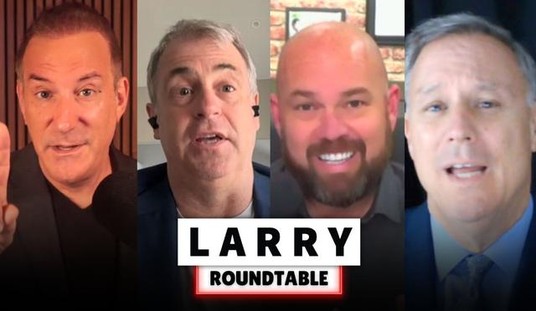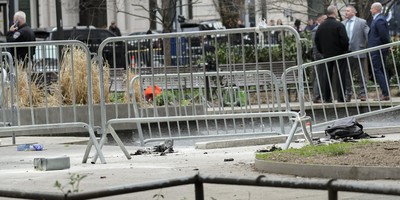Cell phones and texting have received a bum rap amongst some critics who bemoan the loss of face-to-face interaction, but one area that our increasingly anti-social times could actually have benefited is that violent crime related to drug deals has decreased in cities, and one study suggests that the smartphone is to thank for this.
According to economists Lena Edlund and Cecilia Machado, "The working paper from the National Bureau of Economic Research (NBER) suggests that cell phone popularization in the 1990s helped to reduce the murder rate in urban areas simply by replacing in-person drug deals with phone calls and text messages."
NextGov's Richard Florida reports that in "the 1990s, antenna density increased from 15 to 23 antennas per 1,000 square miles, with urban areas seeing as many as 30 antennas. At the same time, homicide rates in urban counties were nearly cut in half, falling from a rate of 17.3 per 100,000 people, to 9.5."
Florida reports that Edlun's and Machado's findings indicate "that cell phone usage may account for 20 to 30 percent of the homicide decline—accounting for 1,900 to 2,900 of the decline of 10,000 murders—across the decade."
Florida summarizes that essentially, a drug dealer's territory -- aka his "turf" -- became less valuable because those buying the drugs had more ways to access narcotics via other communications measures rather than in person. This turf was protected via violence by drug dealers and gang members, often with firearms or other weapons. Thus, since "the turf lost its value, so did the turf war,” the authors write. “A move away from turf-based dealing may have reduced the ability to cartelize drug sales, dented profits, and dulled the allure of gang life.”
Recommended
Not surprisingly, however, was that just because violence related to in-person drug deals decreased did not mean that death related to the drugs themselves decreased as well. "As homicides dramatically dropped in the 1990s, overdose deaths climbed even higher," the researchers conclude.

























Join the conversation as a VIP Member